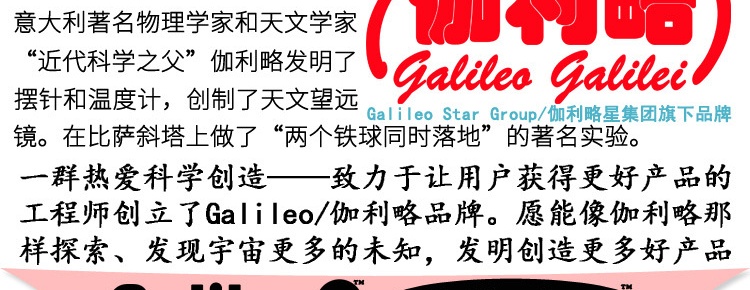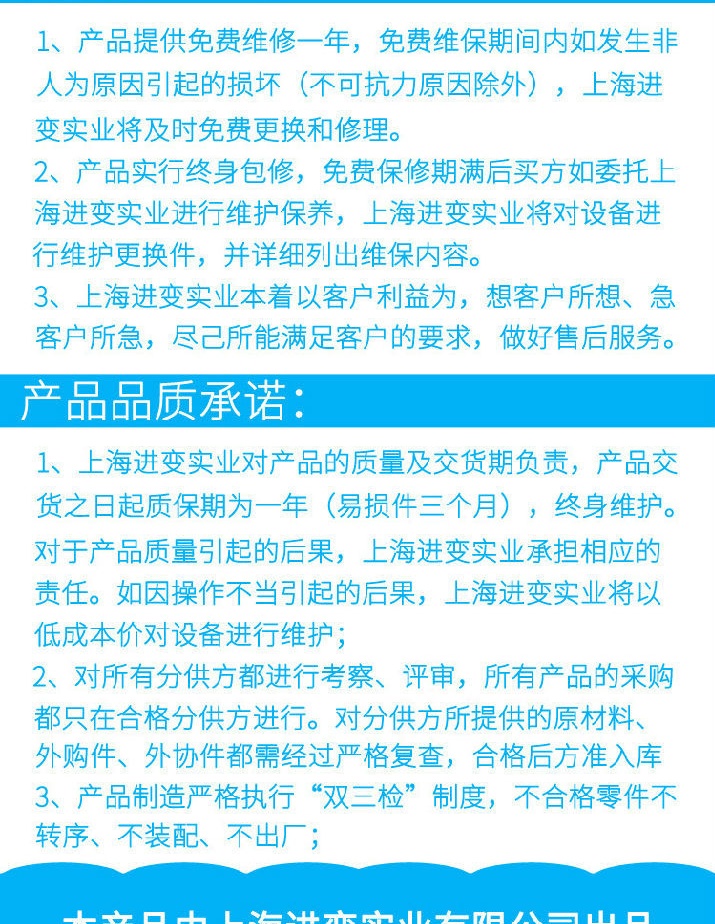


玻璃贴标机,印刷贴标机
参考价:
¥4375
具体成交价以合同协议为准
产品型号:
玻璃贴标机,印刷贴标机
品牌:
--
厂商名称:
上海工洲阀门有限公司
所在地:
--
询价
联系时,请告知来自
钢易通

扫一扫
手机查看该产品
产品详情
























Fragment
Welcome to consult
... may
inquire?”
“Blest if I know that either,” said Jerry.
The entrance of the Judge, and a consequent great stir and
settling down in the court, stopped the dialogue. Presently, the
dock became the central point of interest. Two gaolers, who had
been standing there, went out, and the prisoner was brought in,
and put to the bar.
Everybody present, except the one wigged gentleman who
looked at the ceiling, stared at him. All the human breath in the
place, rolled at him, like a sea, or a wind, or a fire. Eager faces
strained round pillars and corners, to get a sight of him; spectators
in back rows stood up, not to miss a hair of him; people on the
floor of the court, laid their hands on the shoulders of the people
before them, to help themselves, at anybody’s cost, to a view of
him, stood a-tiptoe, got upon ledges, stood upon next to nothing, to
see every inch of him. Conspicuous among these latter, like an
animated bit of the spiked wall of Newgate, Jerry stood: aiming at
the prisoner the beery breath of a whet he had taken as he came
along, and discharging it to mingle with the waves of other beer,
and gin, and tea, and coffee, and what not, that flowed at him, and
already broke upon the great windows behind him in an impure
mist and rain.
The object of all this staring and blaring, was a young man of
about five and twenty, well-grown and well-looking, with a
sunburnt cheek and a dark eye. His condition was that of a young
gentleman. He was plainly dressed in black, or very dark grey, and
Charles Dickens ElecBook Classics
A Tale of Two Cities
his hair, which was long and dark, was gathered in a ribbon at the
back of his neck; more to be out of his way than for ornament. As
an emotion of the mind will express itself through any covering of
the body, so the paleness which his situation engendered came
through the brown upon his cheek, showing the soul to be
stronger than the sun. He was otherwise quite self-possessed,
bowed to the Judge, and stood quiet.
The sort of interest with which this man was stared and
breathed at, was not a sort that elevated humanity. Had he stood
in peril of a less horrible sentence—had there been a chance of
any one of its savage details being spared—by just so much would
he have lost in his fascination. The form that was to be doomed to
be so shamefully mangled, was the sight; the immortal creature
that was to be so butchered and torn asunder, yielded the
sensation. Whatever gloss the various spectators put upon the
interest, according to their several arts and powers of self-deceit,
the interest was, at the root of it, Ogreish.
Silence in the court! Charles Darnay had yesterday pleaded Not
Guilty to an indictment denouncing him (with infinite jingle and
jangle) for that he was a false traitor to our serene, illustrious,
excellent, and so forth, prince, our Lord the King, by reason of his
having, on divers occasions, and by divers means and ways,
assisted Lewis, the French King, in his wars against our said
serene, illustrious, excellent, and so forth; that was to say, by
coming and going, between the dominions of our said serene,
illustrious, excellent, and so forth, and those of the said French
Lewis, and wickedly, falsely, traitorously, and otherwise eviladverbiously, revealing to the said French Lewis what forces our
said serene, illustrious, excellent, and so forth, had in preparation
Charles Dickens ElecBook Classics
A Tale of Two Cities
to send to Canada and North America. This much, Jerry, with his
head becoming more and more spiky as the law terms bristled it,
made out with huge satisfaction, and so arrived circuitously at the
understanding that the aforesaid, and over and over again
aforesaid, Charles Darnay, stood there before him upon his trial;
that the jury were swearing in; and that Mr. Attorney-General was
making ready to speak.
The accused, who was (and who knew he was) being mentally
hanged, beheaded, and quartered, by everybody there, neither
flinched from the situation, nor assumed any theatrica
inquire?”
“Blest if I know that either,” said Jerry.
The entrance of the Judge, and a consequent great stir and
settling down in the court, stopped the dialogue. Presently, the
dock became the central point of interest. Two gaolers, who had
been standing there, went out, and the prisoner was brought in,
and put to the bar.
Everybody present, except the one wigged gentleman who
looked at the ceiling, stared at him. All the human breath in the
place, rolled at him, like a sea, or a wind, or a fire. Eager faces
strained round pillars and corners, to get a sight of him; spectators
in back rows stood up, not to miss a hair of him; people on the
floor of the court, laid their hands on the shoulders of the people
before them, to help themselves, at anybody’s cost, to a view of
him, stood a-tiptoe, got upon ledges, stood upon next to nothing, to
see every inch of him. Conspicuous among these latter, like an
animated bit of the spiked wall of Newgate, Jerry stood: aiming at
the prisoner the beery breath of a whet he had taken as he came
along, and discharging it to mingle with the waves of other beer,
and gin, and tea, and coffee, and what not, that flowed at him, and
already broke upon the great windows behind him in an impure
mist and rain.
The object of all this staring and blaring, was a young man of
about five and twenty, well-grown and well-looking, with a
sunburnt cheek and a dark eye. His condition was that of a young
gentleman. He was plainly dressed in black, or very dark grey, and
Charles Dickens ElecBook Classics
A Tale of Two Cities
his hair, which was long and dark, was gathered in a ribbon at the
back of his neck; more to be out of his way than for ornament. As
an emotion of the mind will express itself through any covering of
the body, so the paleness which his situation engendered came
through the brown upon his cheek, showing the soul to be
stronger than the sun. He was otherwise quite self-possessed,
bowed to the Judge, and stood quiet.
The sort of interest with which this man was stared and
breathed at, was not a sort that elevated humanity. Had he stood
in peril of a less horrible sentence—had there been a chance of
any one of its savage details being spared—by just so much would
he have lost in his fascination. The form that was to be doomed to
be so shamefully mangled, was the sight; the immortal creature
that was to be so butchered and torn asunder, yielded the
sensation. Whatever gloss the various spectators put upon the
interest, according to their several arts and powers of self-deceit,
the interest was, at the root of it, Ogreish.
Silence in the court! Charles Darnay had yesterday pleaded Not
Guilty to an indictment denouncing him (with infinite jingle and
jangle) for that he was a false traitor to our serene, illustrious,
excellent, and so forth, prince, our Lord the King, by reason of his
having, on divers occasions, and by divers means and ways,
assisted Lewis, the French King, in his wars against our said
serene, illustrious, excellent, and so forth; that was to say, by
coming and going, between the dominions of our said serene,
illustrious, excellent, and so forth, and those of the said French
Lewis, and wickedly, falsely, traitorously, and otherwise eviladverbiously, revealing to the said French Lewis what forces our
said serene, illustrious, excellent, and so forth, had in preparation
Charles Dickens ElecBook Classics
A Tale of Two Cities
to send to Canada and North America. This much, Jerry, with his
head becoming more and more spiky as the law terms bristled it,
made out with huge satisfaction, and so arrived circuitously at the
understanding that the aforesaid, and over and over again
aforesaid, Charles Darnay, stood there before him upon his trial;
that the jury were swearing in; and that Mr. Attorney-General was
making ready to speak.
The accused, who was (and who knew he was) being mentally
hanged, beheaded, and quartered, by everybody there, neither
flinched from the situation, nor assumed any theatrica















